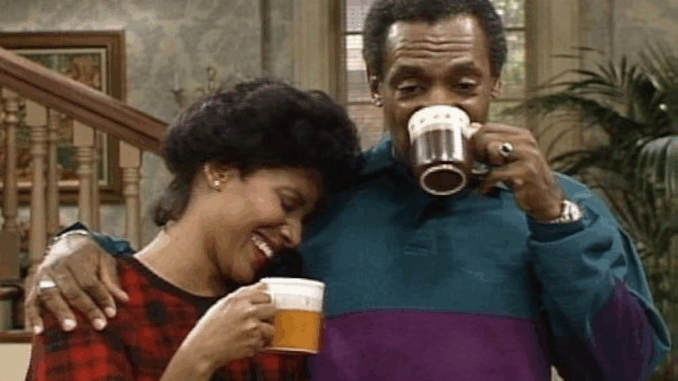
Introduction
More than three decades after its debut, The Cosby Show remains one of the most iconic and influential sitcoms in television history. With its witty humor, groundbreaking representation, and cultural relevance, the series not only entertained millions but also shifted the landscape of American media. Today, in an era of reboots and cultural retrospectives, it’s worth asking: Why does The Cosby Show still matter?
Breaking Barriers with Representation
When The Cosby Show premiered on NBC in 1984, it defied the norms of television. At a time when Black families were often portrayed through a lens of struggle or dysfunction, the Huxtables offered something radically different: success, stability, and strong family values.
The show portrayed African-Americans as educated professionals—Cliff was an obstetrician, and Clair a high-powered attorney. Their children were diverse in personality and ambitions, creating a multi-dimensional, realistic portrayal of Black family life. It was the first time many viewers saw themselves reflected on screen with dignity and nuance.
Ratings, Recognition, and Cultural Reach
Beyond its social impact, The Cosby Show was a commercial juggernaut. It was the most-watched show in America for five straight seasons and helped pull NBC out of a ratings slump. The show won multiple Emmy and Golden Globe awards and was credited with revitalizing the sitcom format in the 1980s.
More than just a ratings hit, the show sparked conversations in households, schools, and media outlets. It influenced fashion, family dynamics, and even college enrollment among Black students, thanks in part to its repeated references to historically Black colleges and universities (HBCUs).
A Complicated Legacy
In recent years, the legacy of The Cosby Show has been overshadowed by the serious legal issues surrounding its star and creator, Bill Cosby. His conviction and release have led to renewed debates about separating art from artist.
Many networks pulled reruns, and some fans struggled with whether they could still enjoy the show in light of the allegations. However, scholars and critics alike argue that while Cosby’s actions deserve condemnation, the show’s cultural and historical contributions should not be erased.
Why It Still Matters Today
In a time when representation and diversity in media are more important than ever, The Cosby Show serves as a blueprint for what inclusive, thoughtful storytelling can look like. It proved that shows centering on Black experiences could be mainstream, relatable, and immensely successful.
The Huxtables set a standard for sitcom families—not just Black families, but families of all kinds. They laughed, learned, fought, forgave, and grew together, making audiences feel like they were part of something bigger.
Conclusion: A Show That Shaped Generations
The Cosby Show was more than just a TV sitcom—it was a cultural milestone that inspired, entertained, and educated. While its legacy is undeniably complex, its impact on television, American culture, and the lives of millions of viewers remains undeniable.
In looking back, we’re reminded that great art often carries contradictions—but it also carries power. The Cosby Show mattered then. And it still matters now.